Recent news about neuroscience and the brain from across Columbia.
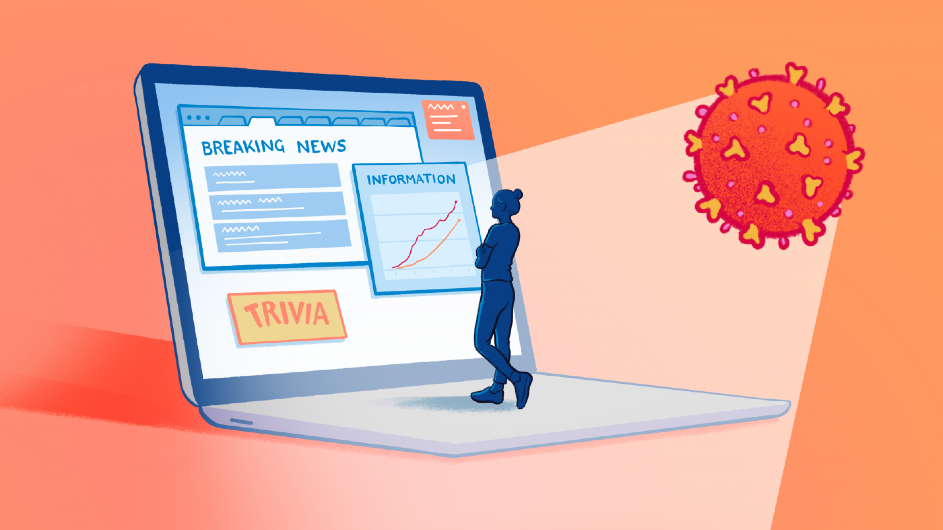
When motivated to seek specific information, people tend to also become receptive to more information types.
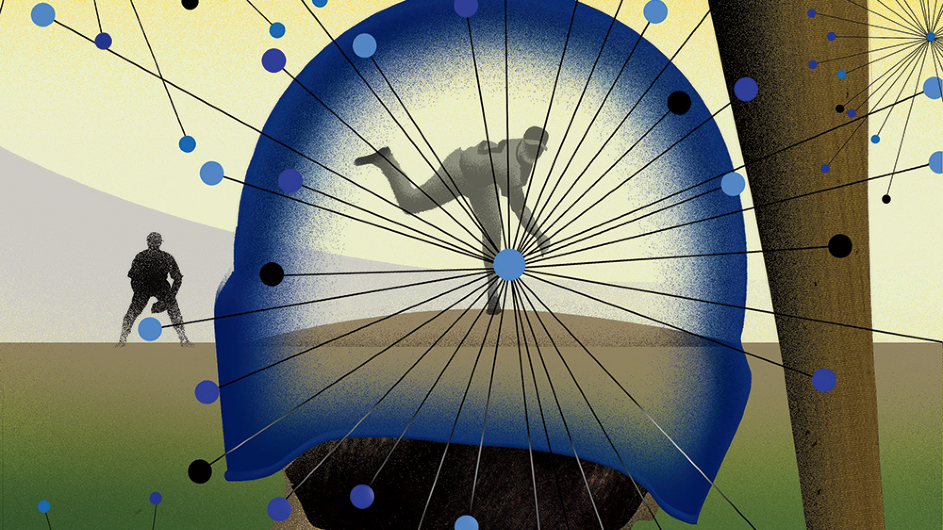
What neuroscience and psychology can tell us about baseball – and ourselves.
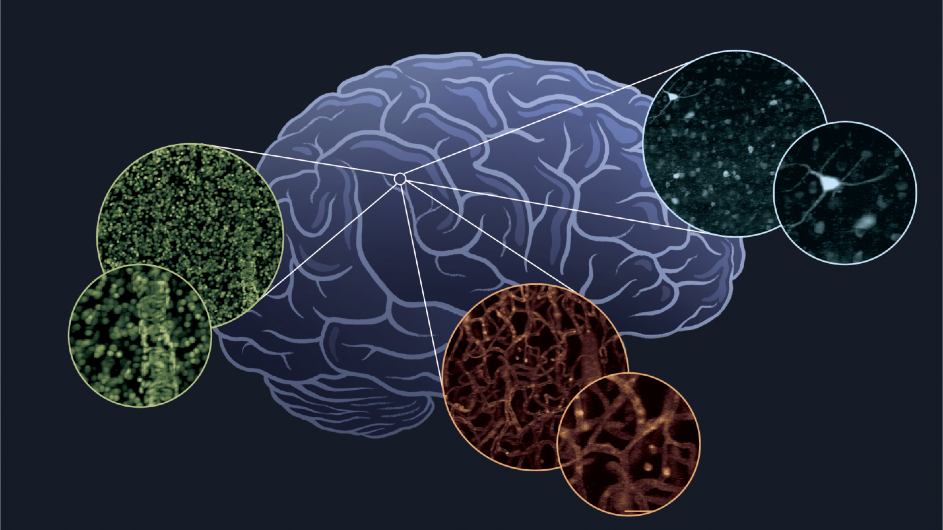
Columbia’s Zuckerman Institute and collaborators have won a $9.1 million grant to develop entirely new maps of the brain.
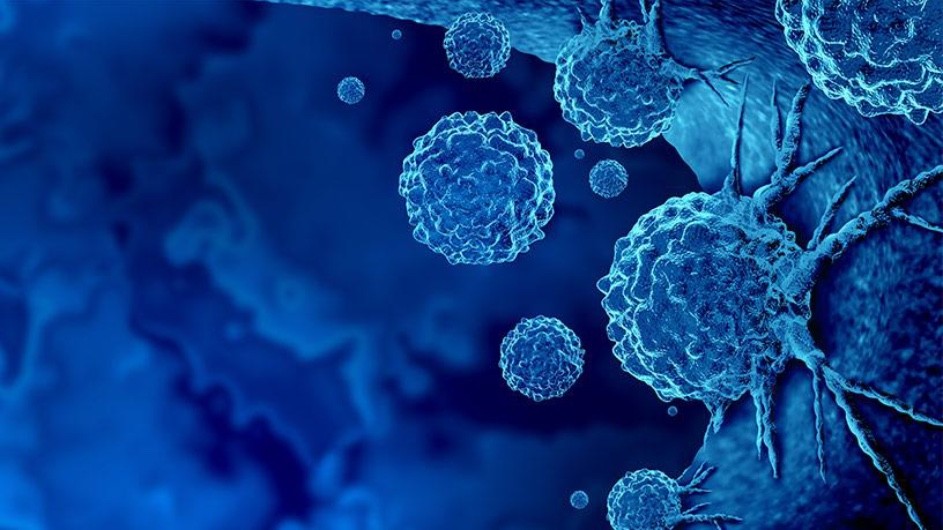
A high-speed 3D microscope developed at Columbia could transform surgery and tissue analysis.
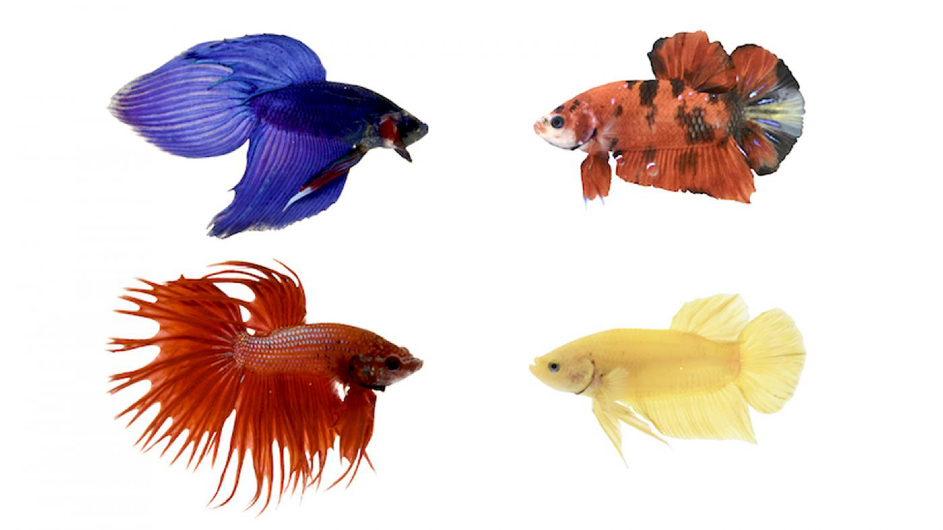
Researchers have identified the genes that make domesticated bettas' colors and shapes more flamboyant than those of their wild cousins.
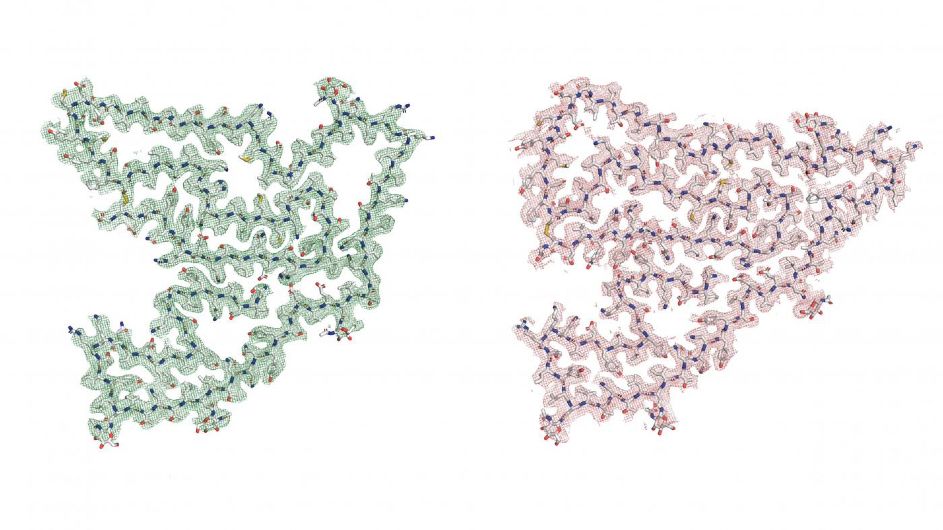
A protein normally involved in clearing cells of molecular debris can clump into fibrils, potentially hobbling cells.
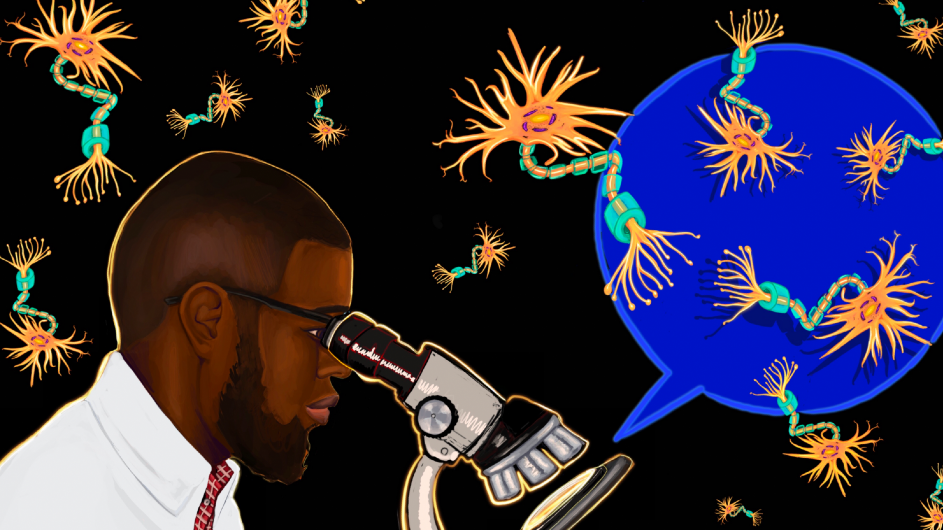
Abdus-Saboor, a neurobiologist, traces his path to Columbia and explains his fascination with a rodent that rarely feels pain.

In his new book, Dr. Richard Ambron explains the science of how and why people feel pain, and examines the most recent discoveries in the field.
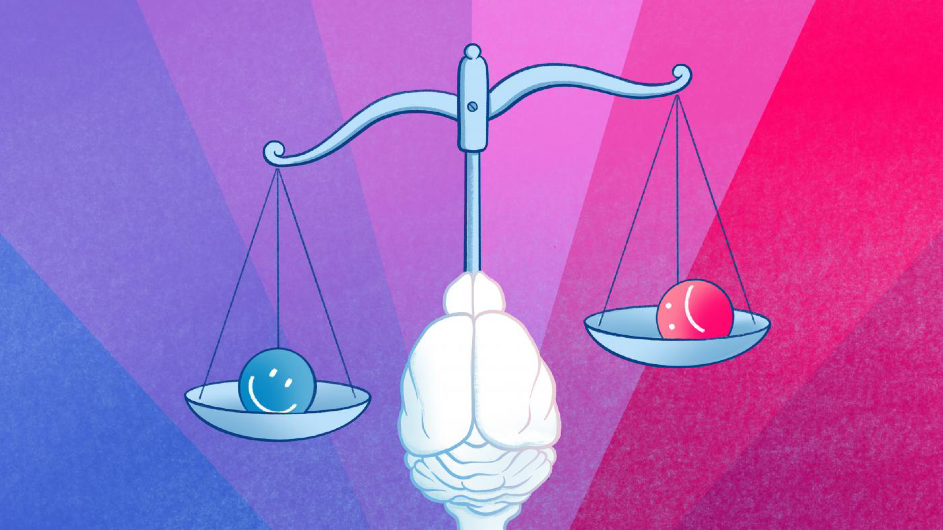
New method for assessing pain and pain relief uncovers a neurological legacy of drug use, passed down genetically to male offspring.
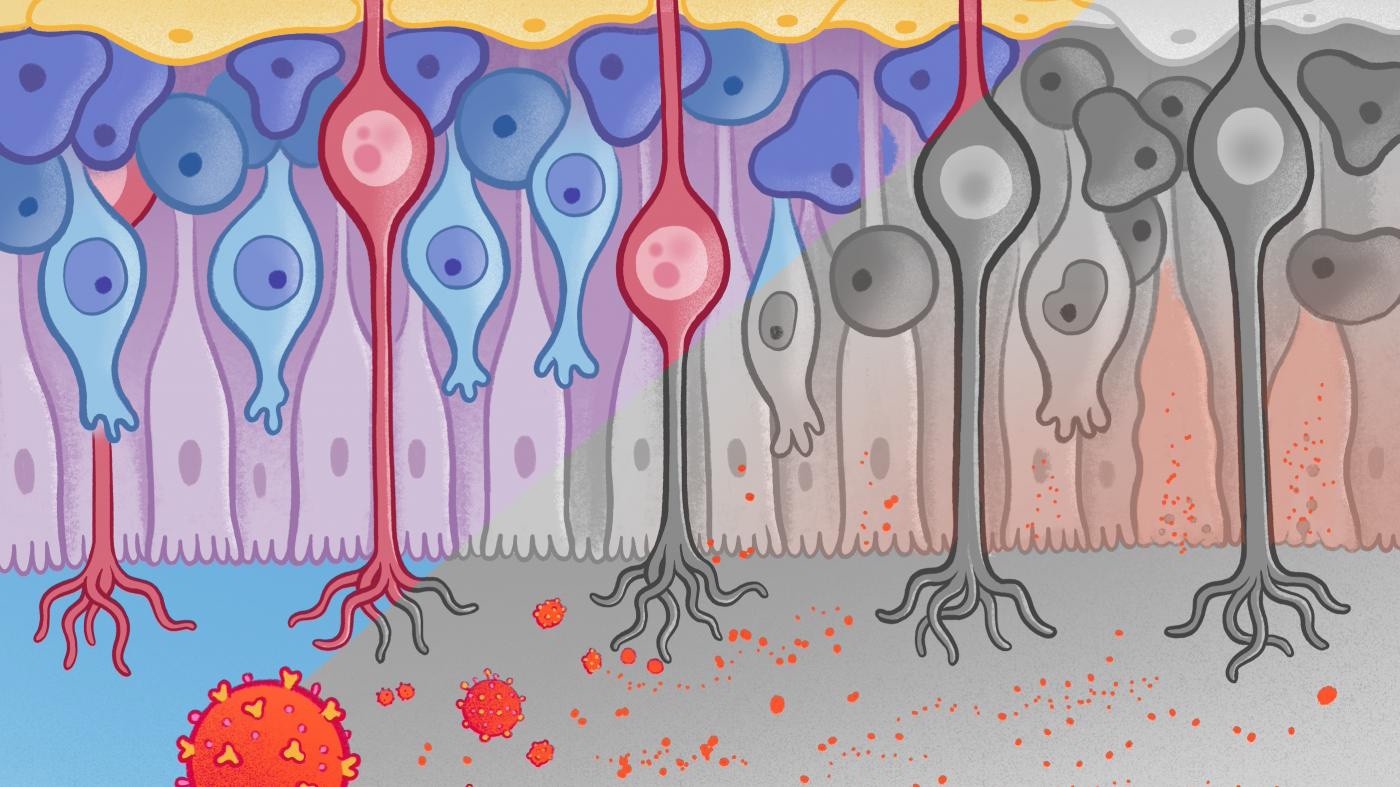
Researchers at the Zuckerman Institute tease out the mechanisms that underlie one of the virus's signature symptoms.
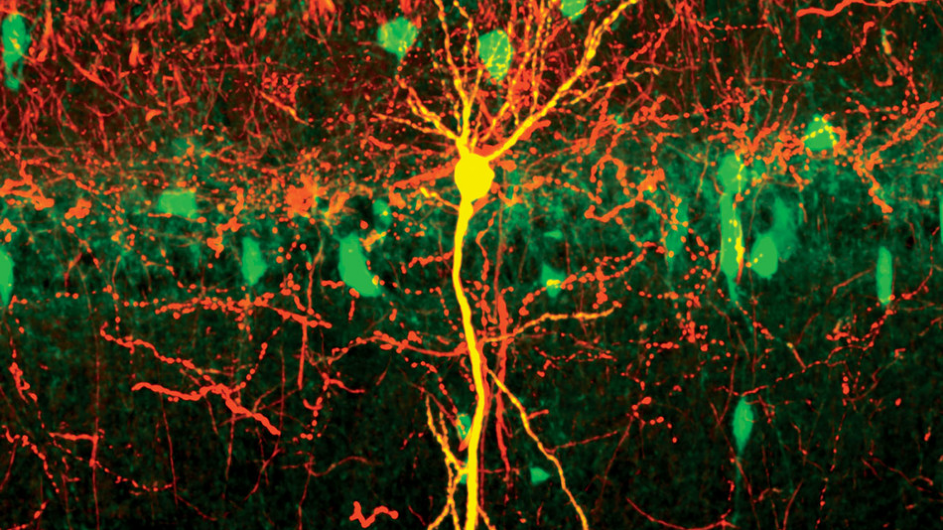
Columbia neuroscientists have figured out how to visually map memory formation.
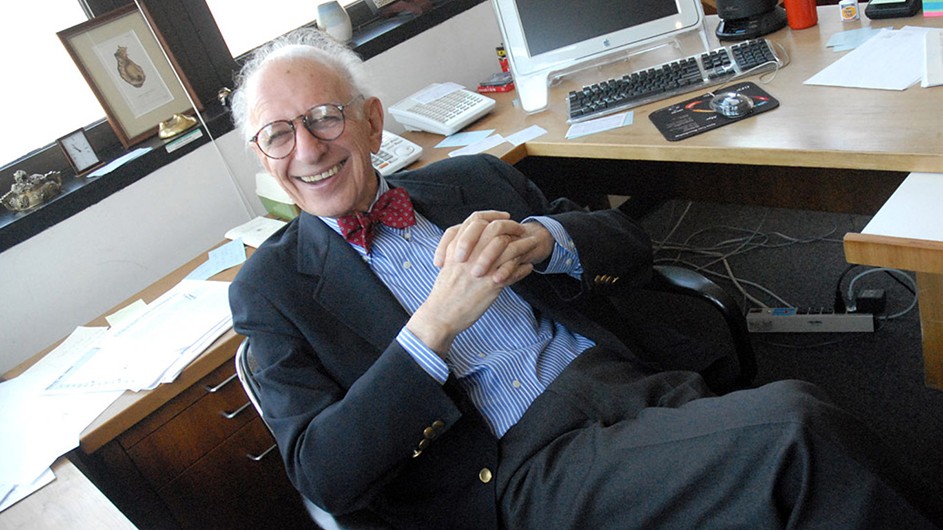
According to neuroscientist Eric Kandel’s new book, the answer is a resounding yes.